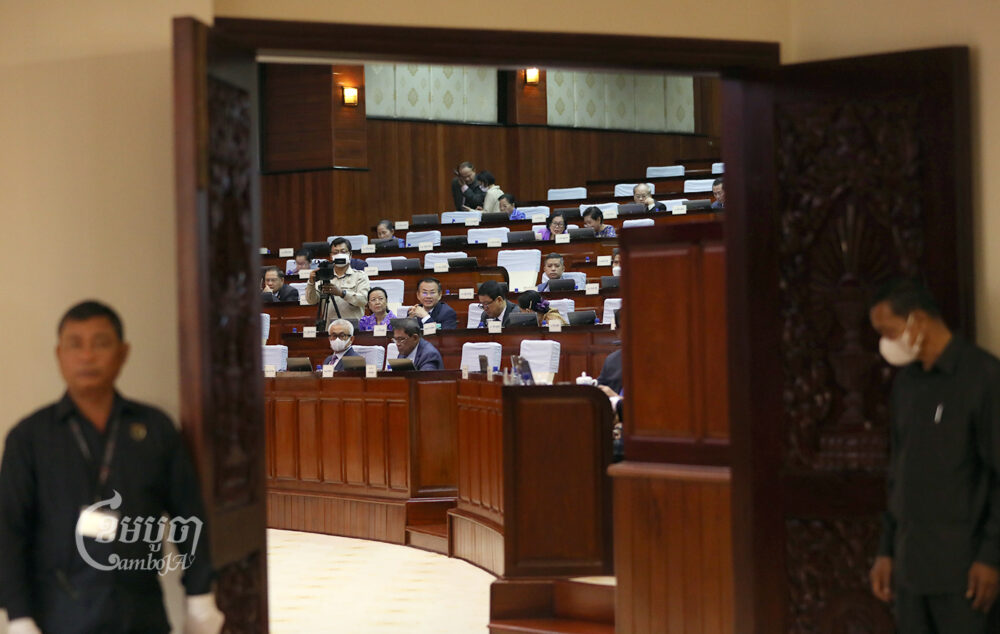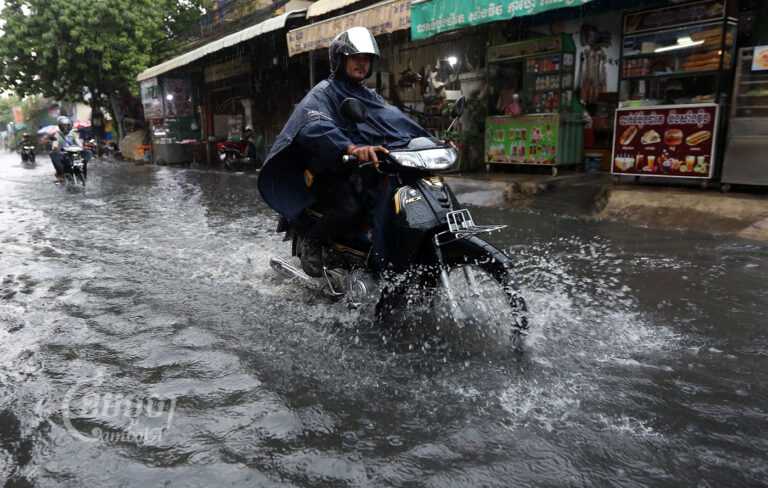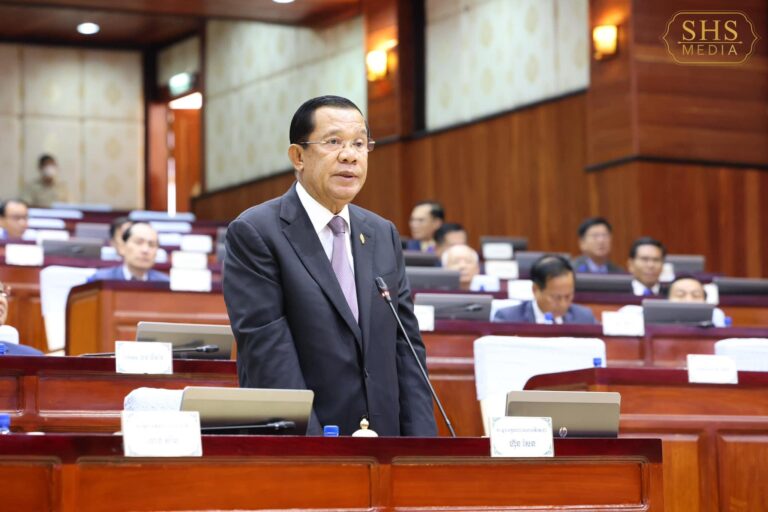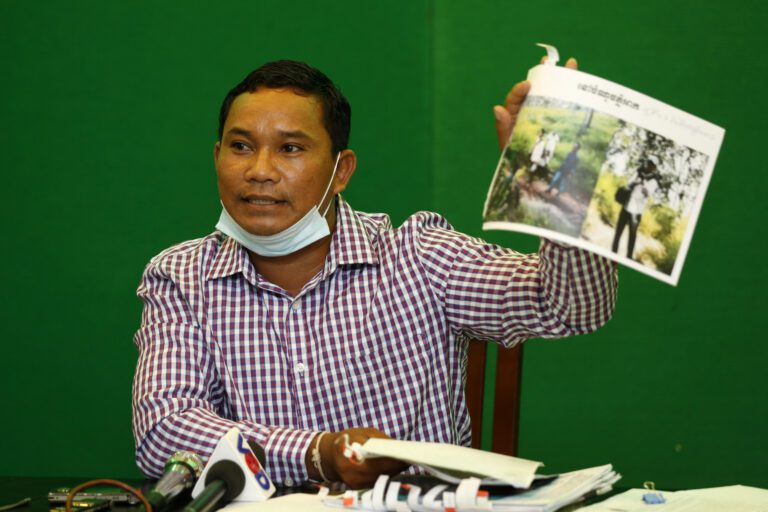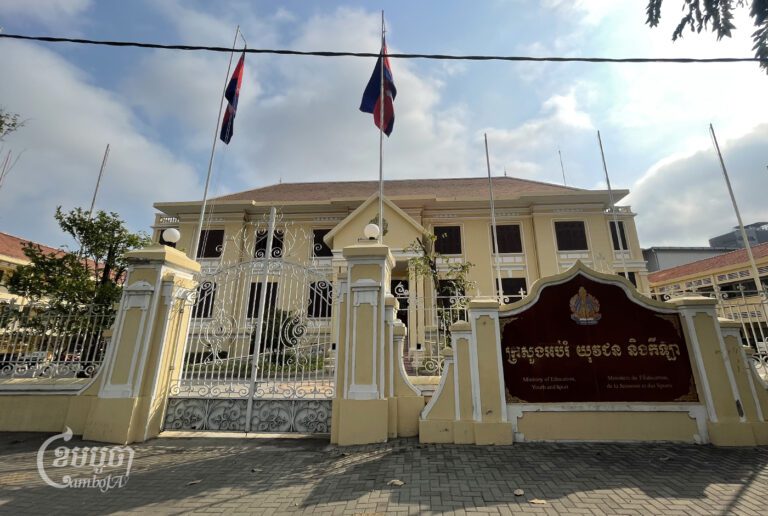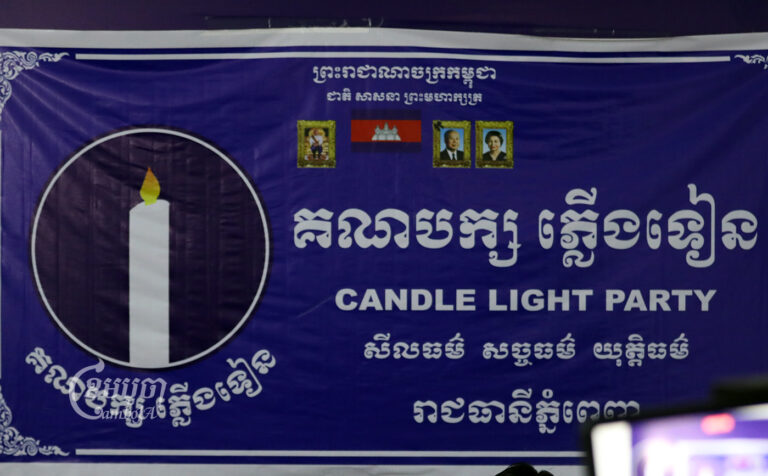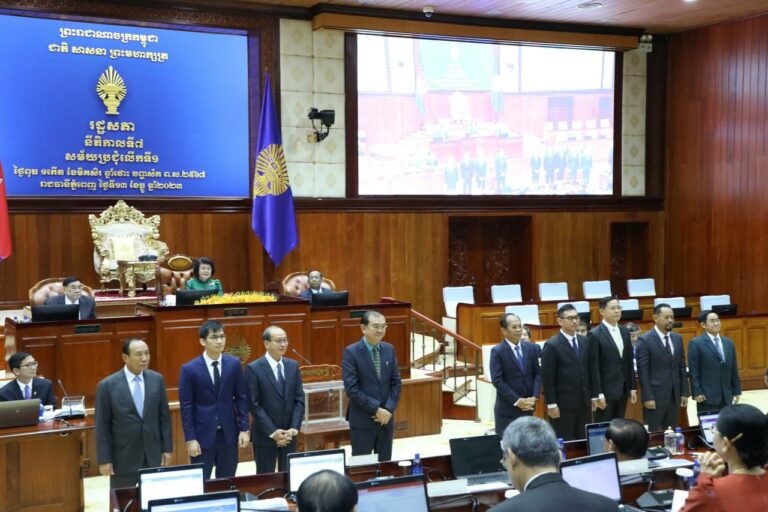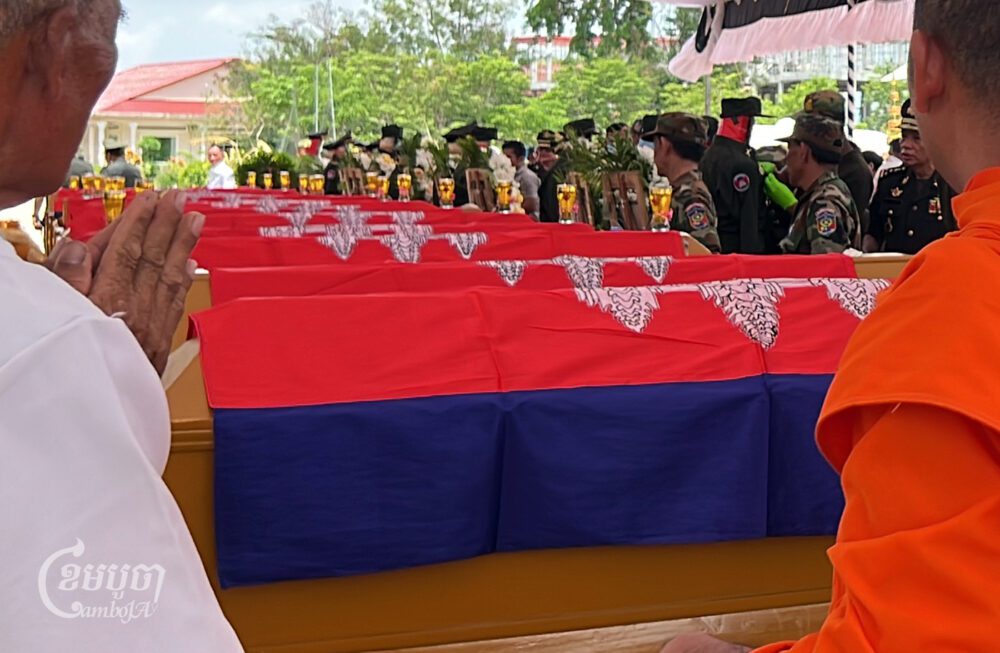Amid an ongoing election, the National Assembly passed amendments to electoral laws making it mandatory for a person to have voted in two prior consecutive elections to run as a candidate, a move seemingly in reaction to calls for a boycott of the July election.
In a blistering speech, Hun Sen last week asked his government to amend election laws to make it mandatory for people who wish to stand for public office to have voted in at least two consecutive elections. He explained that if someone wanted to stand as a candidate in the 2028 national election, they have to prove they voted in the 2023 national and 2027 commune elections to be eligible.
The move was likely spurred by opposition supporters announcing that they will not vote in the July election, after the Candlelight Party was disqualified for lacking one document in their candidate applications. In 2018, Cambodia National Rescue Party supporters too had called for an election boycott as part of their “clean finger campaign.”
The National Assembly, despite being out of session, was reconvened today to vote on draft amendments to four different laws. They are laws for the election of National Assembly Members, Senators, commune councils, and district and provincial council members.
111 members of the CPP-only lower house voted to approve the amendments, which will now go to the Senate for passage.
“I completely agree with the contents of the draft law [election laws]” Interior Minister Sar Kheng said during a plenary session of the National Assembly on Friday.
“The law amendment that was made right now has a purpose in protecting the election process from political plans or tricks of attempting to destroy elections,” he said.
“This amendment will promote the value of democracy, multiple parties, including promoting the responsibility of political leaders who wish to stand as candidates for elections,” he added.
The draft placed before the National Assembly includes eight amendments to existing articles. Article 23 of the Law on Election of National Assembly Members and Article 13 of the Law on Election of Senate Members will be amended to require a person to have voted in two elections before being able to submit their nomination for public office.
The law relating to the Senate has one “transition” clause for the 2024 Senate election whereby a candidate would have to show that they voted in only the “last election,” a likely reference to the upcoming July election.
Article 35 of the commune election law and Article 15 of the provincial and district council election law will now require candidates to have voted in the “last election” to be eligible to stand as a candidate.
It is unclear what the law means by “last election,” with Interior Ministry secretary of state Bun Honn referring questions to the Justice Ministry and Chin Malin, a Justice Ministry spokesperson, saying he would explain the amendments only after it was passed.
Cambodian citizens only vote in national and commune elections, whereas senators and district and provincial council members are elected in an indirect election.
The amendments also introduce the term “incitement,” an oft used criminal charge by the government, as an act of impeding the elections. The term has been inserted into articles in the National Assembly and commune council election laws. Apart from an existing fine, the article can be used to ban people from elections for five years.


